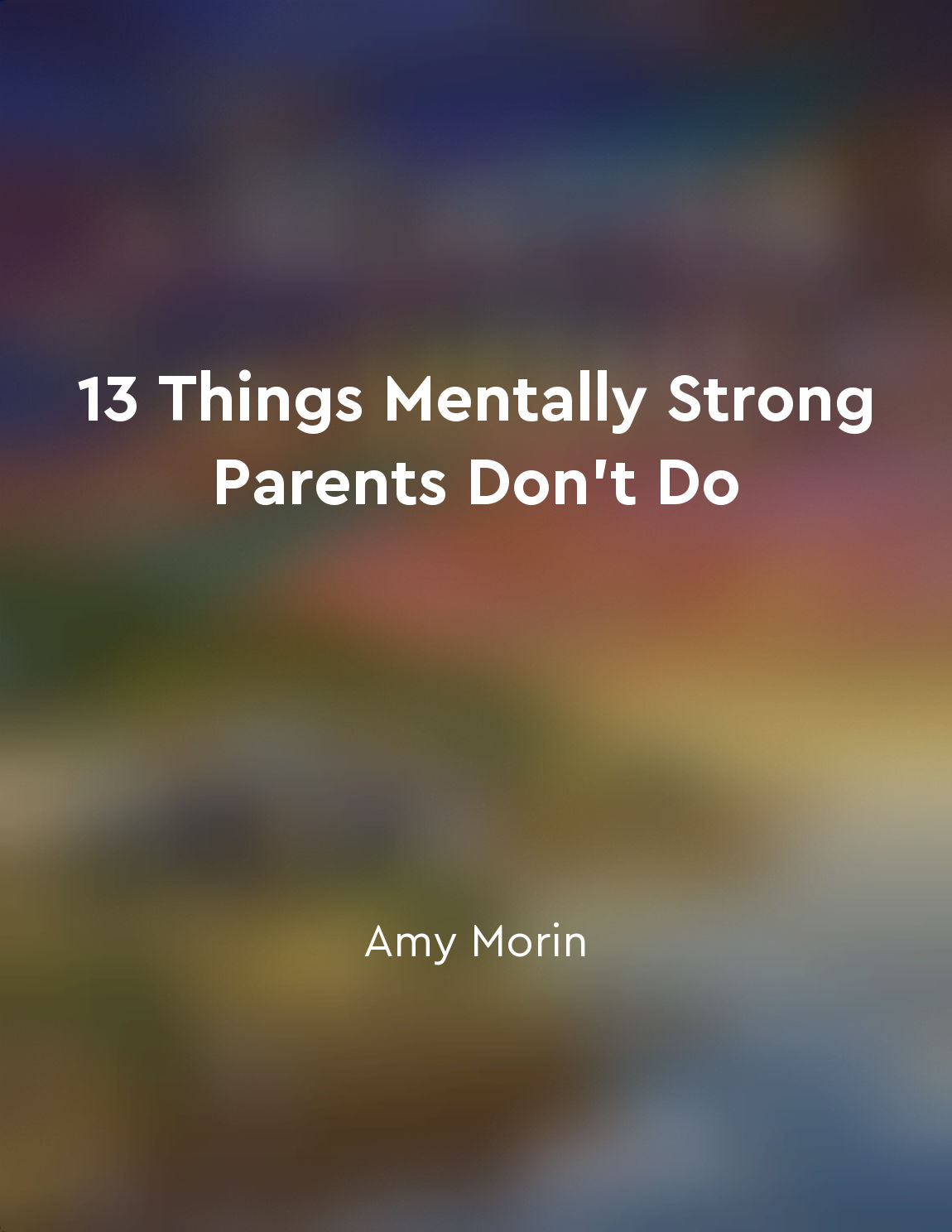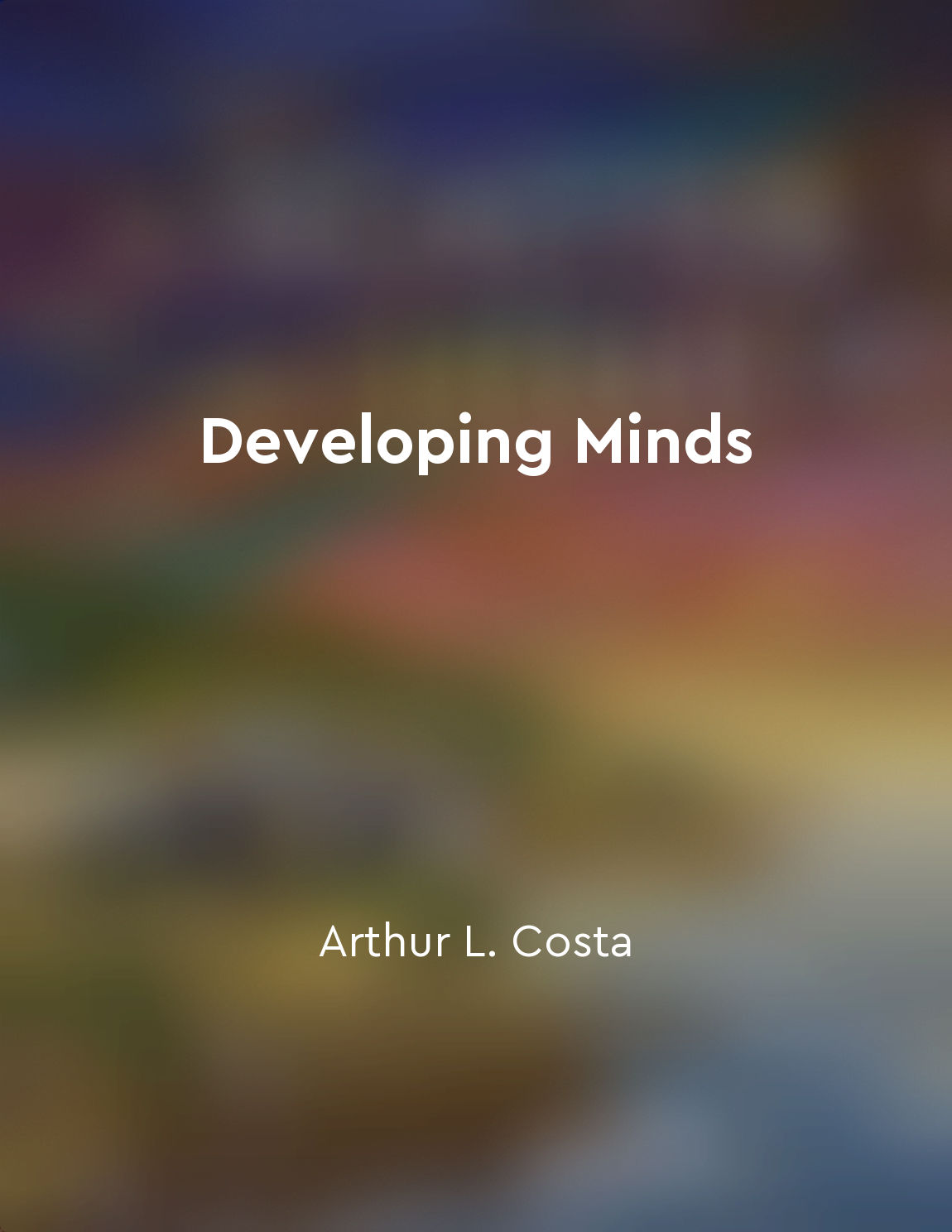Childhood behavior is a reflection of brain development from "summary" of No-Drama Discipline by Daniel J. Siegel,Tina Payne Bryson
The way a child behaves is not just random or purposeless. It is actually a direct reflection of what is happening in their brain. When we understand this connection between behavior and brain development, we can approach discipline in a more effective and empathetic way. Children's brains are constantly growing and changing, particularly during their early years. As they learn new skills and experiences, their brains are forming new connections and pathways. This developmental process can have a big impact on how children behave. For example, when a child has a meltdown or tantrum, it may be because their brain is struggling to regulate emotions. The prefrontal cortex, which helps with impulse control and emotional regulation, is still developing in children. This means they may not have the same abilities to calm themselves down or think before acting as adults do. Understanding the connection between brain development and behavior can help us have more patience and compassion when dealing with challenging situations. Instead of simply reacting to a child's behavior, we can pause and consider what might be going on in their brain. By responding with empathy and understanding, we can help children learn how to regulate their emotions and make better choices. This approach not only improves behavior in the short term but also supports healthy brain development in the long run. When we see childhood behavior as a reflection of brain development, we can shift our focus from punishment to teaching. By guiding children with empathy and patience, we can help them navigate the ups and downs of growing up. This mindful approach to discipline benefits not only children but also strengthens our connection with them.Similar Posts

Resist the Urge to Rescue Your Child from Every Problem
When parents rescue their children from every problem they face, they inadvertently hinder their child's ability to develop the...

Supporting baby's emotional needs during leaps
It is important to understand that when your baby is going through a leap, they are experiencing significant developmental chan...

Developing minds thrive on curiosity and exploration
The minds of young individuals are like sponges, eager to soak up new information and experiences. They are naturally curious b...
Model healthy lifestyle habits for your child
One of the most powerful ways to influence your child is by leading by example. Children learn by observing the behavior of the...
Cultivate gratitude and mindfulness in daily life
To live with scattered minds is to live in disarray, in a constant state of flux where chaos reigns supreme. In such a state, i...

Teach children to analyze information
When we talk about teaching children to analyze information, we are really talking about giving them the tools they need to mak...
The mind is a complex and adaptive system
The mind is a complex and adaptive system that is constantly changing and evolving in response to the environment. It is not a ...

Providing a nurturing environment can help children thrive
The environment in which children grow and develop plays a crucial role in determining their success in life. By providing a nu...
Simplify your communication with clear and concise language
To truly connect with our children and help them navigate the complexities of the world, we must first simplify our communicati...
